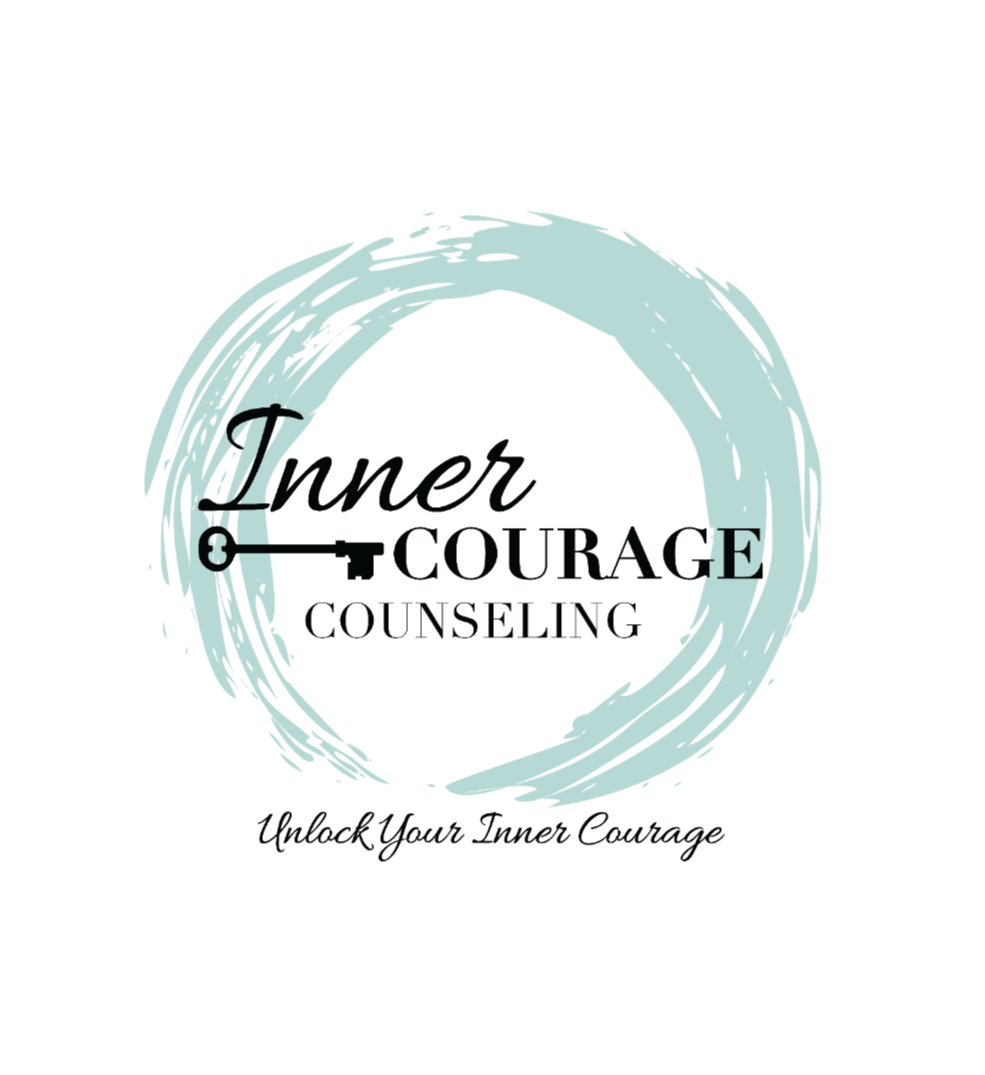Building Resiliency within Couples

By Jackie Martinez
Everyone will experience depression and anxiety at some point in their life. When we individually are trying to manage our own stressors on a daily basis it is essential to incorporate our healthy outlets to work on our mental health. Although, what happens when our partner is experiencing great distress and discomfort? Sometimes couples can feel lost and frustrated when one person is trying to provide support to their loved one, but it does not seem like enough. Couples can eventually feel an increase in conflict and hopelessness. I will be breaking down some key points to consider for couples that can help provide some guidance.
Communication
When it comes to experiencing conflict and disagreements within couples, one thing to consider is that everyone has different styles of communication and cultural backgrounds. From a young age into adulthood, we developed beliefs on how we perceive ourselves, the world, and others. You may never have experienced being taught how to manage triggers and work through conflict in a healthy communication style. This is why being open, clear, listening, and understanding is necessary for building resiliency to strengthen the relationship. Referenced below are examples to breakdown helpful ways to improve communication.
You can ask a few questions that will eliminate jumping to conclusions on what we assume will be the most helpful to your partner. Ask, “how can I support you right now? Is there anything you need from me?” Saying something like, “I will be here if you feel the need to talk” implies that we are not coming from a judgmental standpoint or not respecting the persons needs when a stressful event happens that causes your partner discomfort. Even when patience can feel difficult, it is a key reminder when trying to support another person.
What is not helpful for our loved ones is unhealthy communication that includes blaming, name calling, yelling, shutting down (stonewalling: being unresponsive) using words like “you never or you always” and passive aggressiveness. When there is miscommunication and a person does not feel heard, using “I” statements to express your wants and needs can help diffuse conflict. For example, a person saying, “I feel frustrated when I am doing several house tasks or responsibilities by myself since this makes me feel more tired and what I would like is to figure out a routine together to get help with this.” Phrasing it this way can open the line of communication without attacking the other person and reaching a resolution together.
The next section will further explain what happens when unhealthy communication continues to happen.
Resentment
When we become very reactive instead of responding within communication there can be a never-ending cycle of hurt and anger that leads to resentment. Couples can work on reminding themselves that being on the same team is crucial when working through conflict rather than
perspective of it’s you vs. me. What else can be vital within relationships is monitoring being too demanding and having expectations that lead to resentment.
Brené Brown researcher and author of Atlas of the Heart said, “disappointment is unmet expectations. The more significant the expectations, the more significant the disappointment.” While it is reasonable to have standards, boundaries, and self-respect this should not be confused with having unrealistic expectations from your partner of automatically knowing your needs and wants on daily basis. This is what can create hurt and resentment within couples.
Dr. John and Julie Gottman have completed decades of research within marriages and families that help strengthen relationships when approaching challenges.
A Sound Relationship House Theory developed nine components of a healthy relationship that includes –
- Create a shared meaning
- Make life dreams come true
- Manage conflict by accepting your partner’s influence
- Dialogue about problems, and practice self-soothing techniques
- Have a positive perspective
- Turn towards instead of away
- Share fondness and admiration
- Build love maps (know one another’s world)
- Trust and commitment
Just like you give yourself compassion for experiencing challenges in your life with your own mental health journey, pass along the same grace to others. We are all flawed human beings.
Request an Appointment with Jackie Today
References
Brown, B. (2021). Atlas of the heart: Mapping meaningful connection and the language of human experience. New York, Random house.
Gottman, J. & Gottman, J (2022). The Gottman Institute. https://www.gottman.com/

